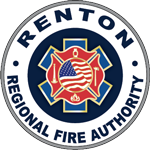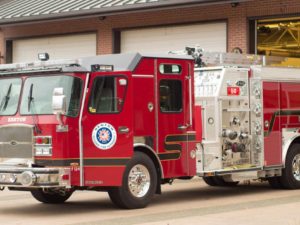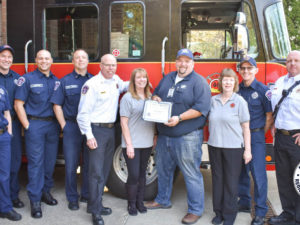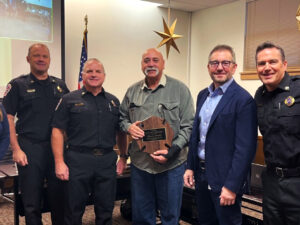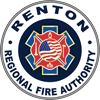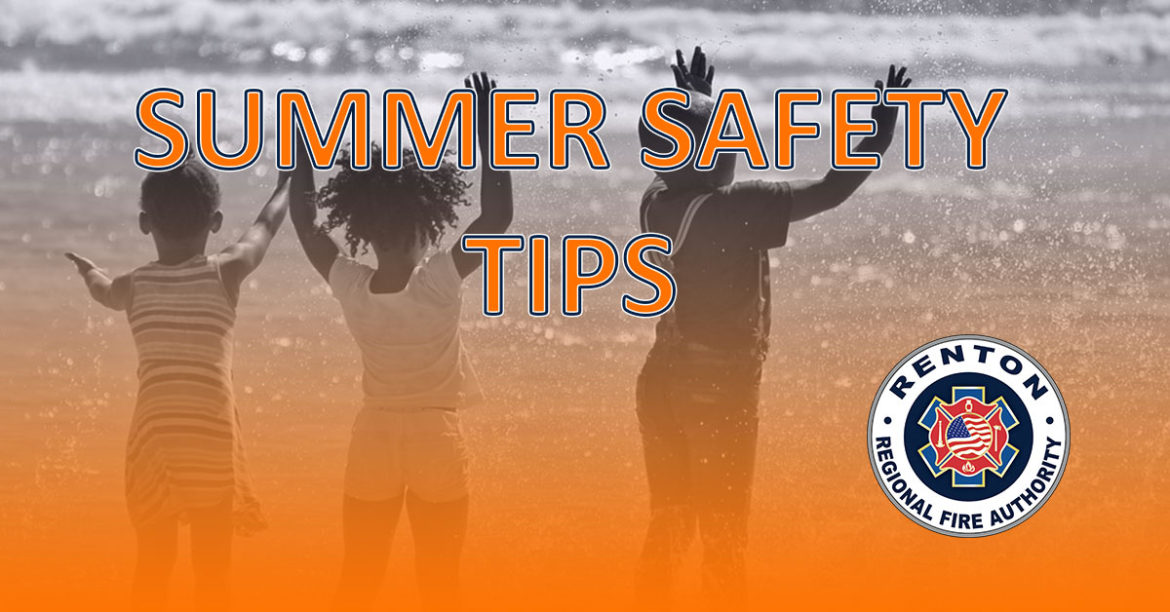
Summer provides plenty of opportunities to gather and be active outdoors in the sunshine. However, be sure to keep in mind that warm weather brings many of its own risks. Here are some safety guidelines which can ensure you and your family have a fun and safe summer.
Falling from Windows:
With warm weather, it’s a good time to remind families of the dangers that open windows pose to children. If you have young children in your home, be extra cautious about which windows you open and how far you open them. Falls are the leading cause of injury hospitalization for children in the United States (CDC). This led to 2.8 million emergency department visits in 2010. The most serious falls are typically from windows of multi-story buildings. Harborview Medical Center in Seattle admits 40 to 50 children each year for injuries sustained in falls from windows. Experts say these falls are largely preventable.
Source: cdc.gov
Tips to prevent window falls:
- Do not rely on window screens; they are designed to keep bugs out, not kids in.
- Keep windows closed and locked when ventilation is not required.
- Install guards or stops to limit windows from opening more than four inches.
- Avoid placing furniture near windows to limit climbing access.
- Plant grass or shrubbery beneath windows to soften the impact surface in case of a fall.
Source: Multicare.org
Recreational Water Safety: Pools, Rivers, and Lakes:
Swimming and other water-related activities are enjoyable summer activities for many. However, according to the WA Department of Health, drowning is the second leading cause of injury-related death for children ages 1 to 14 years old. Among children ages 1 to 4 years old, most drownings occur in residential swimming pools. In Washington State, an average of 25 children and teens drown every year.
Pool Safety Guidelines:
- Make sure your children learn/know how to swim.
- Never take your eyes off children in the water. Drowning can happen quickly and silently.
- Don’t allow young children in the pool without an adult.
- Use floatation devices for safety, not as a substitute for supervision.
- Know CPR so you can help save a life if a water emergency happens.
Source: WA State Department of Health
Rivers and Lakes Safety Guidelines:
- Water that is warm on the surface, may be much colder below.
- Use caution when swimming and always supervise young children playing in or near the water.
- Avoid areas with moving water, waves, or rip currents.
- Rivers may not be moving as fast, but certain hazards can trap swimmers and tip over rafts, canoes, and kayaks.
- Swimming in open water is harder than in a pool because you tire faster and can get into trouble more quickly.
- Avoid swimming where two rivers come together because even good swimmers can get into trouble or drown in currents that don’t seem to be moving that fast.
- Always wear a lifejacket due to how dangerous moving water (rivers) can be.
Source: WA State Department of Health
Beach Safety:
- Swim in designated areas where a lifeguard is present.
- Always swim with a buddy.
- Stay within your fitness and swimming capabilities.
- Know how to swim. Swimming in open waters is very different than swimming in a pool.
- Keep hydrated to help avoid heat exhaustion and heat stroke. Don’t substitute water with alcohol. Alcohol can dehydrate you and also negatively affect your judgement.
- Be sure to wear shoes. On high temperature days sand and concrete can burn your feet.
Source: redcross.org
Summer Burn Safety:
- Avoid direct sunlight during peak hours – 10:00 a.m. to 4:00 p.m.
- Wear clothing and a wide-brimmed hat to protect as much skin as possible.
- For further sun protection wear sunglasses that block at least 99% of UV light.
- Use a broad-spectrum sunscreen with an SPF of 30 or higher: Reapply at least every 2 hours, as well as after swimming or sweating.
- Avoid tanning beds and sunlamps, they can cause serious long-term skin damage and contribute to skin cancer.
Source: American Cancer Society
Barbeque Safety:
- Propane and charcoal BBQ grills should only be used outdoors.
- The grill should be placed well away from the home, deck railings and out from under eaves and overhanging branches.
- Keep children and pets at least three feet away from the grill area.
- Keep your grill clean by removing grease or fat buildup from the grills and trays.
- Never leave your grill unattended.
- Always make sure your gas grill lid is open before lighting it.
- If you use a starter fluid, use only charcoal starter fluid.
- Keep charcoal fluid out of the reach of children and away from heat sources.
- When you are finished grilling, let the coals completely cool before disposing in a metal container.
Source: National Fire Protection Association
Have a safe and fun summer!
